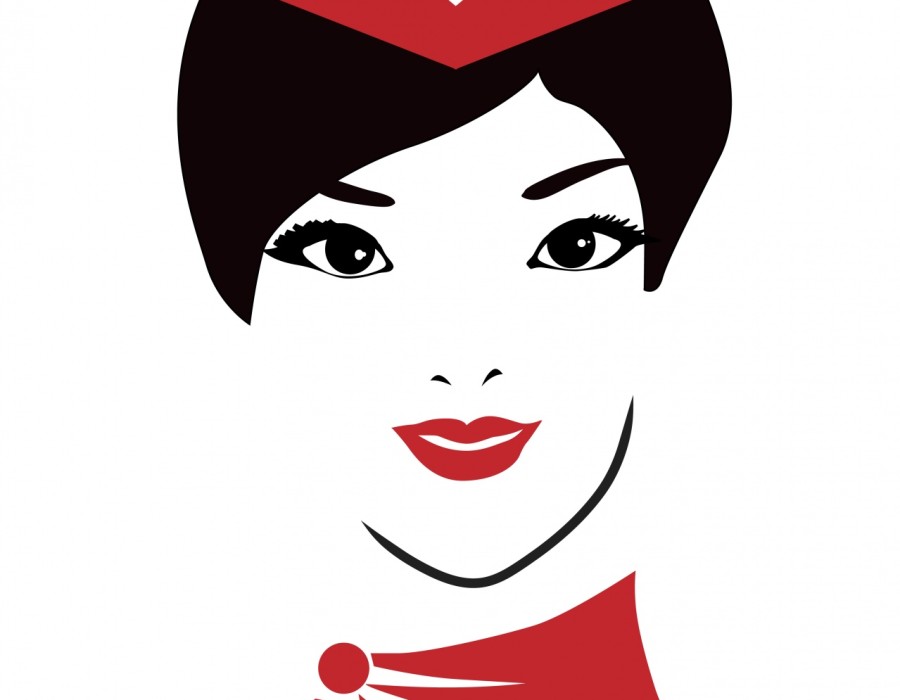The world of aviation is a marvel of modern technology and human ingenuity. At the heart of this airborne realm are the dedicated professionals known as cabin crew, who ensure the safety, comfort, and well-being of passengers during flights. In this article, we delve into the roles, responsibilities, and importance of cabin crew members in the aviation industry.
Who are Cabin Crew?
Cabin crew, often referred to as flight attendants or air stewards/air stewardesses, are trained personnel responsible for the safety and comfort of passengers aboard aircraft. They are the frontline representatives of airlines and play a crucial role in delivering exceptional customer service.
Job Description:
Pre-Flight Preparation:
- Conducting pre-flight checks on safety equipment, emergency exits, and cabin cleanliness.
- Greeting passengers, assisting with boarding procedures, and ensuring compliance with safety regulations.
In-Flight Duties:
- Conducting safety demonstrations and briefing passengers on emergency procedures.
- Providing assistance and support to passengers during the flight, including serving meals and beverages.
- Monitoring cabin conditions, responding to passenger requests, and addressing any issues or emergencies.
Post-Flight Responsibilities:
- Assisting passengers with disembarkation and ensuring a smooth exit from the aircraft.
- Conducting post-flight checks and reporting any maintenance or cleanliness issues.
- Participating in debriefings and providing feedback on the flight experience.
Responsibilities of Cabin Crew:
Cabin Crew roles and responsibilities are diverse, and they have to attentive all the time. Here are few of their responsibilities:
- Safety and Security: Cabin crew members are trained in first aid, firefighting, and emergency procedures to ensure the safety and security of passengers and crew.
- Customer Service: They provide personalized service, assist passengers with special needs, and address inquiries or concerns to enhance the overall travel experience.
- Teamwork: Cabin crew collaborate closely with pilots, ground staff, and other crew members to maintain efficient operations and handle challenging situations effectively.
- Crisis Management: In the event of emergencies such as medical incidents or onboard disturbances, cabin crew members are trained to remain calm, coordinate responses, and prioritize passenger safety.
- Cultural Sensitivity: They respect and accommodate diverse backgrounds, languages, and customs among passengers, fostering a welcoming and inclusive environment onboard.
Conclusion:
The role of cabin crew goes beyond serving meals and drinks; they are the guardians of safety, the faces of hospitality, and the pillars of professionalism in the skies. Their dedication, skills, and unwavering commitment to passenger well-being make them indispensable assets to the aviation industry. Next time you board a flight, remember to appreciate the hard work and service excellence of these unsung heroes of the skies—our cabin crew.
Photo Credit: Public Domain Pictures





Comments